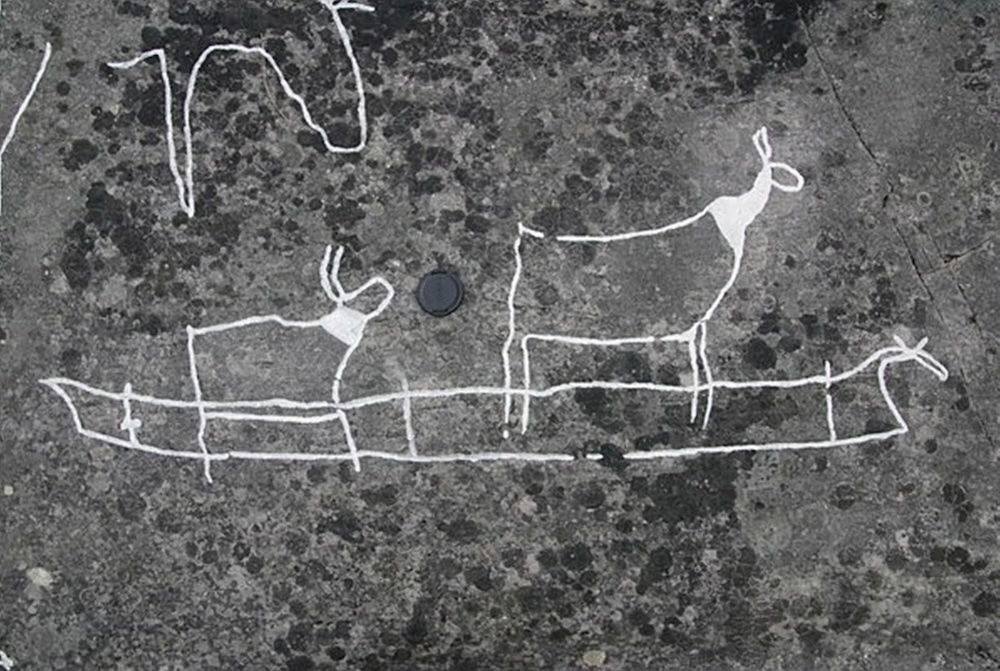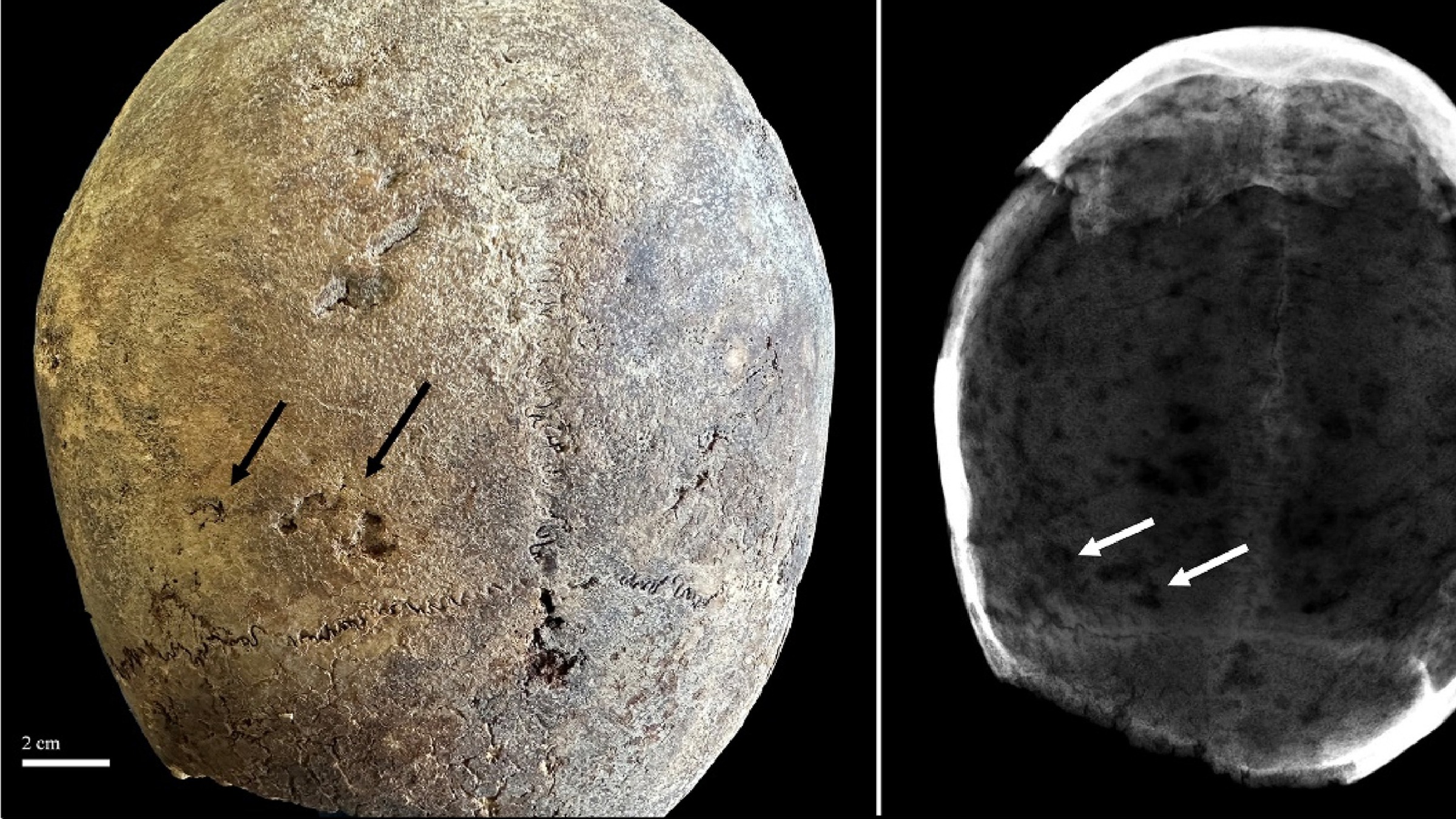Applied Sciences, Vol. 14, Pages 6343: Application of Microbial-Induced Carbonate Precipitation for Disintegration Control of Granite Residual Soil
Applied Sciences doi: 10.3390/app14146343
Authors: Xiaoyan Luo Yingqi Feng Chunjun Li Weiping Liu
Abstract: Granite residual soil is widely distributed in Southeastern China. Such soils exhibit mechanical characteristics such as loose, rich cracks and easy disintegration, resulting in severe soil erosion disasters under rainfall conditions. Microbial-induced carbonate precipitation (MICP) is a green alternative for soil stabilization. In this study, a new strategy for the disintegration control of granite residual soil using MICP technology is proposed. The effects of the bacterial solution concentration, the cementation solution concentration, and the treatment cycle are investigated through a disintegration test. The optimal treatment parameters for granite residual soil using MICP technology are determined by analyzing the disintegration processes and residual quality indicators of disintegration. The results show that the treated samples have three types of disintegration: complete disintegration, incomplete disintegration, and non-disintegration. The precipitated calcium carbonate (CaCO3) bonds the soil particles and fills the pores. Taking into account the effectiveness and cost and a bacterial solution concentration OD600 = 0.75, five cycles of MICP treatment with a cementation solution concentration of 1.2 mol/L is optimal for the disintegration control of granite residual soil. The cementation-action effects of CaCO3 are verified through scanning electron microscopy (SEM) tests with an energy-dispersive X-ray (EDX) spectroscope. These findings suggest that MICP is a promising candidate to control the disintegration of granite residual soil.

 2 months ago
22
2 months ago
22


